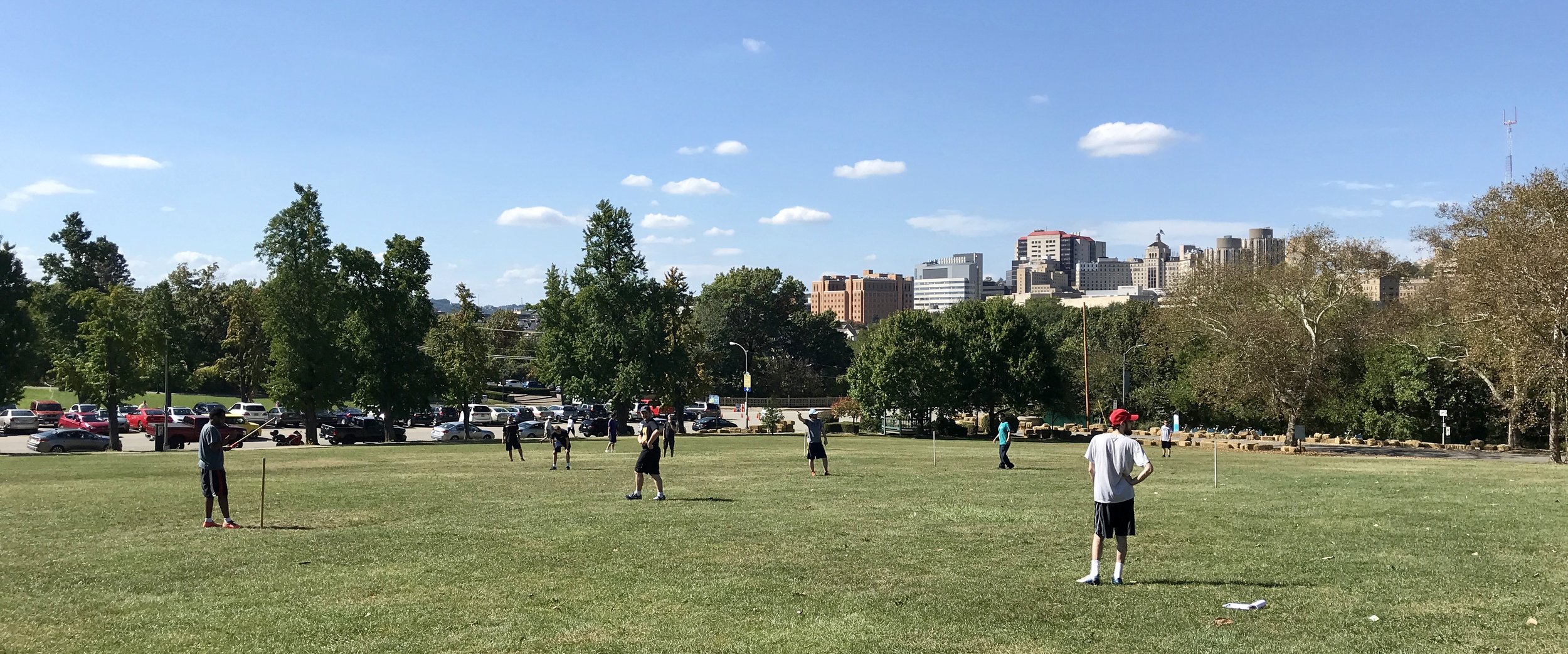Tomorrow I begin teaching two half-semester courses at CMU--one on the history of the term and concept of the ghetto since 1516, when the Venice Ghetto was established, and one on the history of US immigration through the lens of New York City. I've spent the past few weeks preparing syllabi, writing lectures, and designing assessments, but at 10:30 am tomorrow the students will come into class and the show will really get on the road. I'm really looking forward to sharing two historical topics that I care about so passionately with CMU students.
Here's what captured my attention this week...
I'm reading: I'm still working my way through Thomas Vinciguerra's Cast of Characters: Wolcott Gibbs, E.B. White, James Thurber, and the Golden Age of the New Yorker. I've also been dipping into Simon Schama's The Story of the Jews, which was a wonderful 30th birthday gift from my aunt + uncle + cousins. It has been enormously helpful in contextualizing Jewish life before the establishment of the Venice Ghetto in 1516.
I'm listening to: I can no longer recall where I heard about this album, but I've been enjoying listening to Kelela's Take Me Apart while preparing lectures.
I'm looking forward to watching: I'm about to head off to the premiere of the new episode of Anthony Bourdain's show Parts Unknown that was filmed in Pittsburgh!
What are you reading, listening to, or watching this week?




